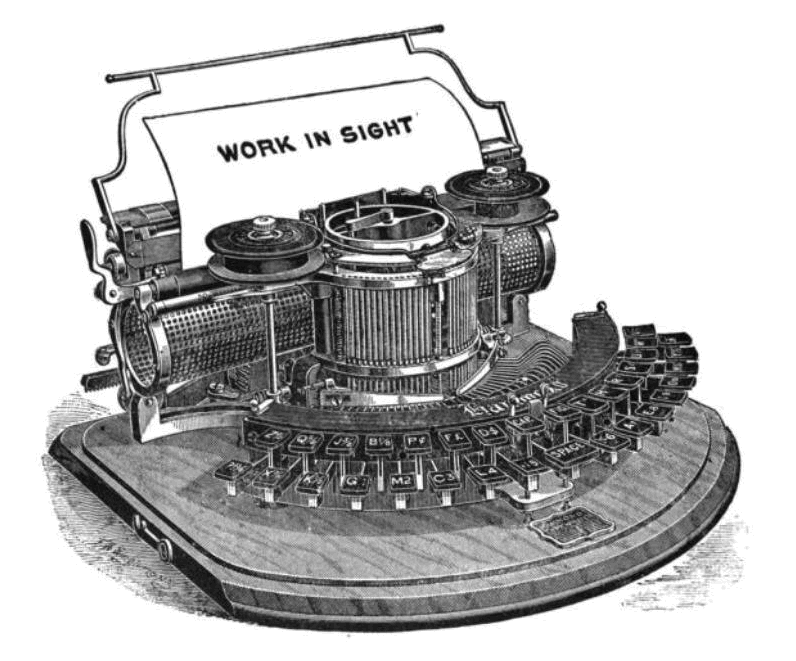Guest editorial: Preserving Manchester’s rural character
Guest editorials are by local leaders or experts with specific knowledge of a topic and may contain opinions. Views expressed in any editorial are always exclusively those of the author.

by Sybil Kolon
Last Thursday I gave the introduction at a meeting held at Manchester Township Hall presented by the Washtenaw Conservation District and others about programs that help landowners take care of their land.
It should come as no surprise that I took the opportunity to talk to a roomful of people about how landowners in our area can be good stewards of their land. My takeaway from the presentations was that there are lots of programs out there, but it’s really hard for a landowner to know which one fits them. There was a good turnout and general interest in the information. I hope some people were able to zero in on which program they want to look into. My guess is that others have many more questions. But at least we know there are a lot of choices out there, and we know who to contact to ask questions.
Read about the content of the presentations here: https://themanchestermirror.com/2023/02/20/environmental-incentives-to-conservation-easements-residents-learn-about-land-management-preservation/
What follows is the introduction I made to the audience ahead of the presentations.
How do we preserve rural character?
Some of you know me or may know of me. I live on Noggles Road in the southwest corner of the township. I’m on the township planning commission, I was a township trustee from 2004 to 2012, and I was on the planning commission before that. My first community involvement was in 1985, when a group of us saved the big bur oak on West Austin Road. We at least gave it a reprieve of 25 years before the county cut it down in 2010. Since then, I have been involved in several natural resource–based organizations. Currently, one of the major ones is the River Raisin Watershed Council, where I serve on the executive committee.
When the planning commission was considering the application for a solar facility last year, one of the major responses was that it would not be consistent with preserving rural character, which is a major goal of our master plan. The township planning commission and board decided this was a good time to consider proactive measures that landowners and the township can take to preserve rural character. So, here we are.
I want to briefly share my perspective on taking care of former farm fields, on which many of us live. When we moved here in 1976 it had been about ten years since half of it had been farmed; the rest was wetlands or steep slopes. If I knew then what I know now, I could probably boast about starting to reestablish oak openings on our 80 acres. I should have known better, as I had a degree in Forestry and was already a big fan of Aldo Leopold, a famous conservationist in the 1930s and ’40s. Leopold conceived of what he called “the land ethic.“ Just like we have to take care of each other, we have to take care of the land if we expect it to continue to sustain us.
If the health of our land is not central to our way of life, then the rural character we all cherish is bound to be compromised. Each of us can take steps to preserve rural character. Adopting a land ethic will help us do that.
About twenty years ago, we began to tackle the garlic mustard that was moving into our area. Then we took on the autumn olive and honeysuckle that were making the woods and former fields impassable. Before that, we lost more than twenty years while we let “nature take its course.” Once we became aware of some of the programs you will hear about tonight, we took advantage of funding from the Department of Natural Resources, the conservation district, and a few grants from other organizations. We are making progress.
Some people may be reluctant to use funds provided by the government and other nonprofits. You may question whether getting into such programs may somehow limit what you can do on your land. My answer to that is that it’s up to you to take the time to understand any program available to you. Then you make the decision if it fits with your objectives. In any case, you can utilize the informational resources that are readily available to help you tackle any restoration project on your own.
These funds have been procured to address a need that is beyond the ability of most private landowners to address. These funds are going to be used somewhere; why not here? There are certainly things that township government can do, but landowners play an important role in preserving our rural character.
Aldo Leopold, the conservationist I mentioned, is most famous for his book A Sand County Almanac. He believed that actions by private landowners were critical to habitat protection. He said, ”Conservation will ultimately boil down to rewarding the private landowner who conserves the public interest.” I think that’s a very powerful idea. That was in the 1940s. The situation is even more urgent now. I highly recommend Aldo Leopold’s book as a source of inspiration.
Another source of information and inspiration is your neighbors. You may have noticed some of them doing some land restoration. They would likely welcome the chance to share with you what they are doing. I am one of your neighbors and I encourage you to contact me with any questions.
I ask you to listen and seriously consider the information that will be offered to you tonight. These people really are here to help you. Their jobs are to provide you with options and ideas about how you can manage your land. It’s up to you to take the next step.







You must be logged in to post a comment Login